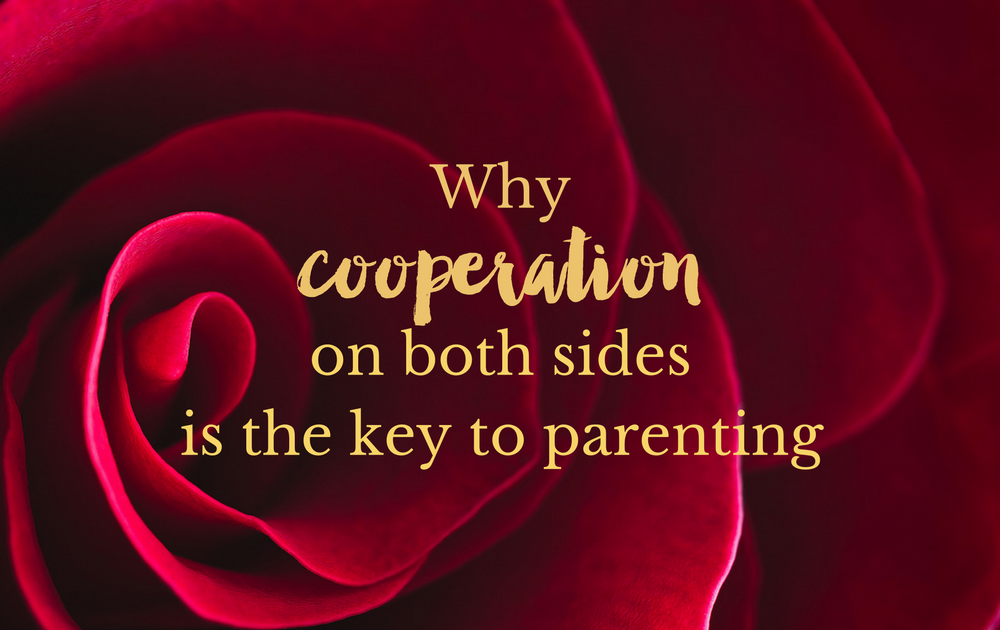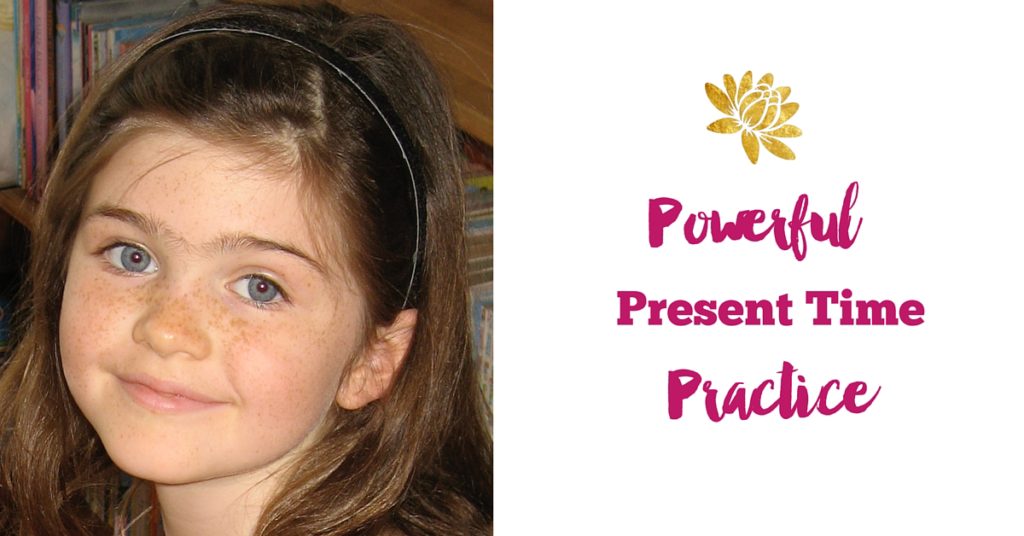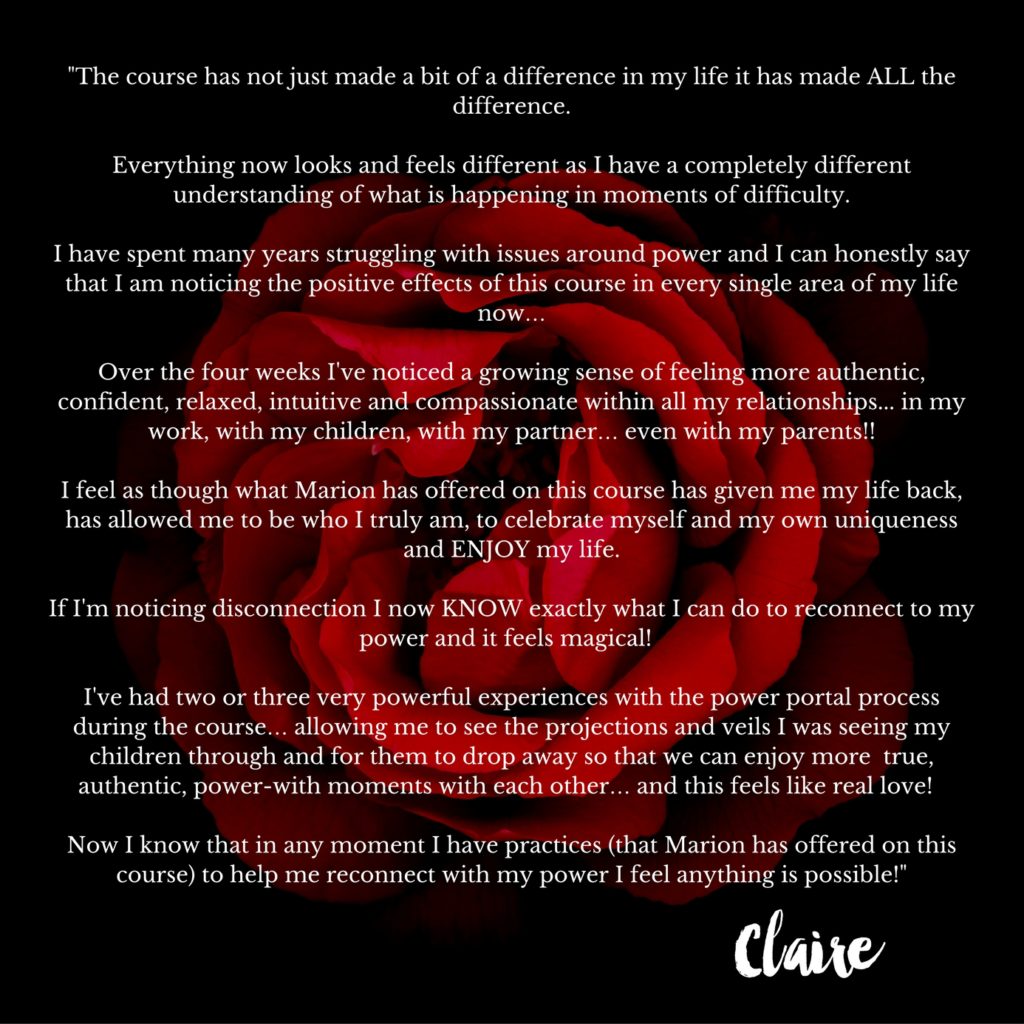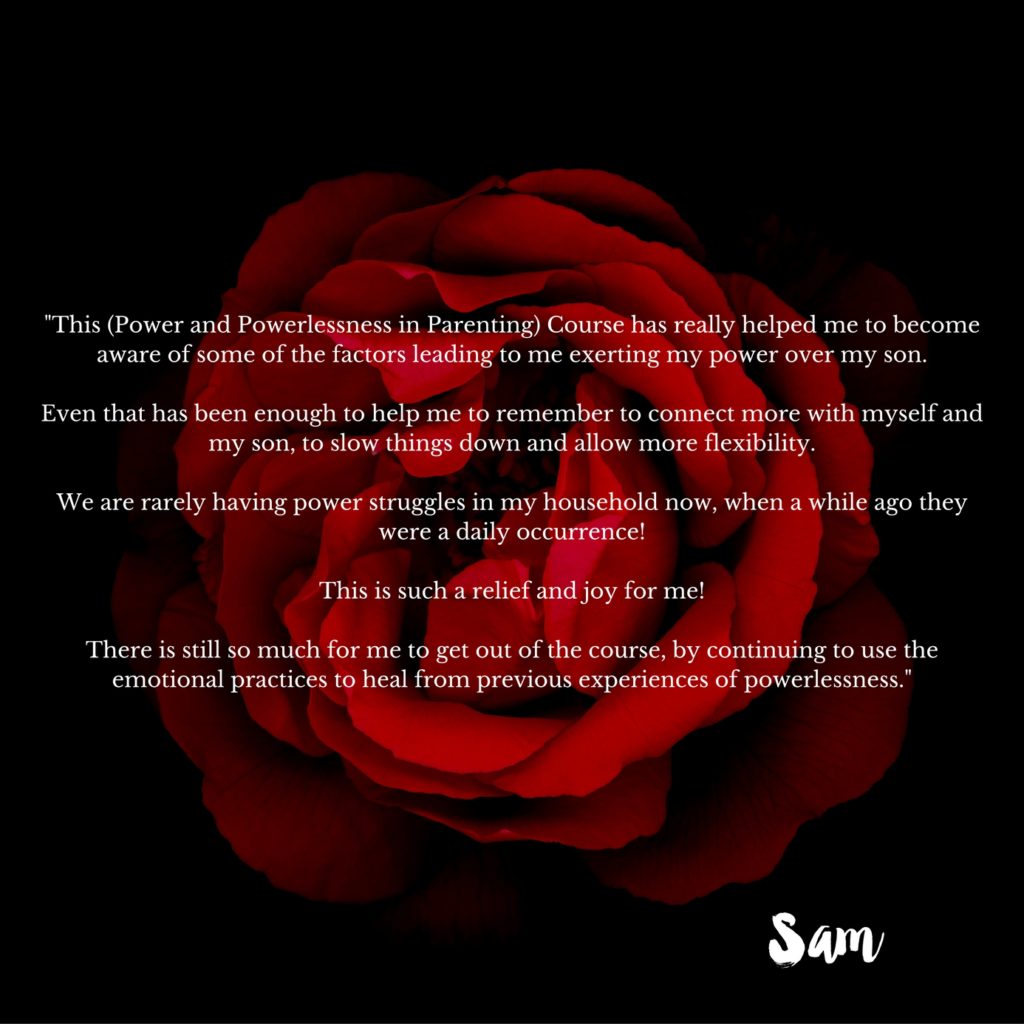Hello!
Have you ever thought about how cooperation is the key to parenting?
Our culture often has different words for when children cooperate with parents, and when parents cooperate with children.
For example, in mainstream culture, if a child cooperates, it can be called “good behaviour”.
And if they don’t cooperate, it might be called, “being naughty.”
And in mainstream culture, if a parent cooperates with their child, it can be called, “being a good parent.”
And if a parent doesn’t cooperate, it might be called, “not giving in,” or, “punishment.”
But if we take away the different words and strip the behaviour down, it’s actually the same thing from both sides – cooperation.

And I imagine you’ve had times as a parent when you’ve LOVED to cooperate with your child.
Perhaps it’s especially when you’re feeling loving and warm and expansive, and your daughter asks you to play with her, and you can do so with delight and joy.
And I imagine you’ve also had times as a parent when you’ve felt a sinking feeling when your child asks for yet another thing from you.
And perhaps you’ve cooperated, but with a sinking heart and a sense of giving up on your own needs.
And maybe at other times you’ve got furious, and reacted with harshness or frustration, because you simply DID NOT WANT TO DO ANOTHER THING FOR THEM.

Have you ever thought about how cooperation requires something from our children, in very similar ways?
That when we ask our child to get in the car seat, or put on her shoes, or get off the iPad, it might feel similar to her as when she asks us to come and play when we’re right in the middle of concentrating on something?
That sometimes she might be feeling that expansive, loving feeling, and be delighted to cooperate when we ask her to have a bath.
And at other times she might feel that sinking feeling, of doing what we ask but giving up on herself.
And at yet other times, she might feel deeply frustrated and just NOT WANT TO DO WHAT WE ASK.

I find it can be so helpful for us to see the similarities between us and our children, and use the same language for our behaviours.
Why?
Because I think it helps us understand both our children and ourselves more, and have more compassion for both of us.

The even more funny thing in mainstream culture is that we might often expect a child to cooperate with us BEFORE we cooperate with them.
That’s really the basis of rewards, isn’t it? If they cooperate with what we want, then we give them something we think that they will want.
But really, doesn’t it make sense that children, being younger and having more need for support and less capacity to wait and less cognitive understanding, might actually need us to cooperate with them before we ask them to cooperate with us?

I was thinking of this issue of cooperation a couple of days ago with my son.
We are homeschoolers, and next week we have a visit from the Board of Studies.
Which means that I am asking my children to do more structured learning than usual.
Which my son doesn’t particularly enjoy.
So when we talked about our day, we talked about doing structured learning, me giving him some Present Time, and him having some screen time.
(Present Time is when I set the timer and give him my undivided attention for that period of time, doing what he asks of me).
I was feeling a bit anxious about him getting some structured learning done, so I asked him to do that first.
But he said that he wanted Present Time first.
And of course that makes sense.
He, as the child, wanted to have some connection and choice (which Present Time gives in spades), before he did something that didn’t really meet his needs for choice – the structured learning.

And as a parent that means finding places in ourselves where we have a sense of autonomy and choice, so for that time of Present Time, we can do what they ask.
In his PT, he asked me to go and get various things, and because it was PT, I was happy to do everything he asked, just at that time.
That gave him enough of a sense of choice, autonomy and power, so he could then go and do the structured learning (with my support).

And I think in there are two keys to parenting.
That we need to do enough for ourselves so that we feel connected, have a sense of choice and power in our lives,
so that we can cooperate enough with our children so that they feel connected, with choice and power,
enough so that they can cooperate with us.
And Present Time (for ourselves and our children) is SO helpful for that.
I have a free Present Time mini course, if you’re interested. You can find out more HERE or by clicking on the image below.
And this relates so much to my Power and Powerlessness in Parenting Course.
When we are feeling powerless, it’s really hard to cooperate with our children, and those are the times where our most painful parenting moments often happen, when we give up on our needs, or use our power over our children.
And the same is often happening for our children when they do things that we don’t enjoy, and won’t cooperate with us – they are often not feeling the connection, autonomy and clear-heartedness that they actually need to WANT to cooperate.

True cooperation is something that is freely given.
So if you are ever in a spot where you just don’t want to cooperate with your child,
if you add more things to your life where you feel connected with yourself and are CHOOSING something that you love (like dancing round the kitchen, yoga, going for a walk),
the more you are going to be free to cooperate with them.
And if your child isn’t cooperating, giving her more Present Time can help her feel more of a sense of connection and autonomy so that she WANTS to freely cooperate with you.
If you want to understand what’s going on at a deeper level when we feel powerless, and what we can do to avoid using our power over our children,
my free intro. course to Power and Powerlessness in Parenting is still available by clicking HERE or on the image below.
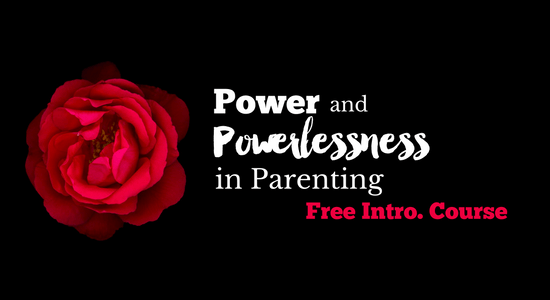
And the paid Power and Powerlessness in Parenting Course is all about reclaiming our true power as mothers, so we are far less likely to use power-over our child.
Click HERE or on the testimonials below to find out more.
Parenting requires so much of us, and so much cooperating with our child, so giving to yourself is such an important part of being able to give to them!
Will you give yourself some Present Time today?
Love,
Marion
